Optimal Seasons for Foundation Repairs
Foundation repairs are most effective when performed under optimal weather conditions. The ideal time for repairs typically depends on the local climate and seasonal variations. In regions with cold winters, late spring and early summer are preferred to allow sufficient curing time before winter. Conversely, in areas with hot, dry summers, early spring or fall may be more suitable to avoid extreme temperatures that can affect repair materials.
Spring offers moderate temperatures and increased moisture, facilitating proper curing of foundation repair materials.
Summer provides longer daylight hours and stable weather, but extreme heat can impact certain repair processes.
Fall is often ideal due to cooler temperatures and less precipitation, allowing repairs to settle before winter.
Winter is generally less suitable due to freezing temperatures and potential for snow, which can hinder repair work and curing.
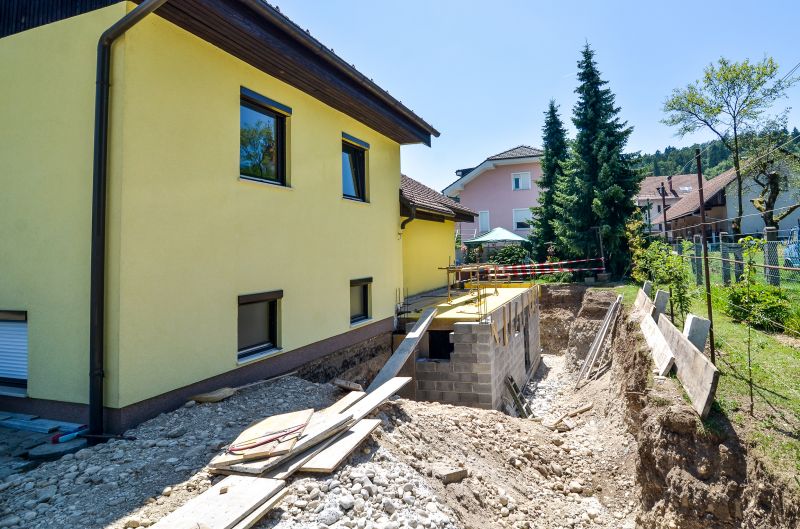
Ways to make Foundation Repairs work in tight or awkward layouts.
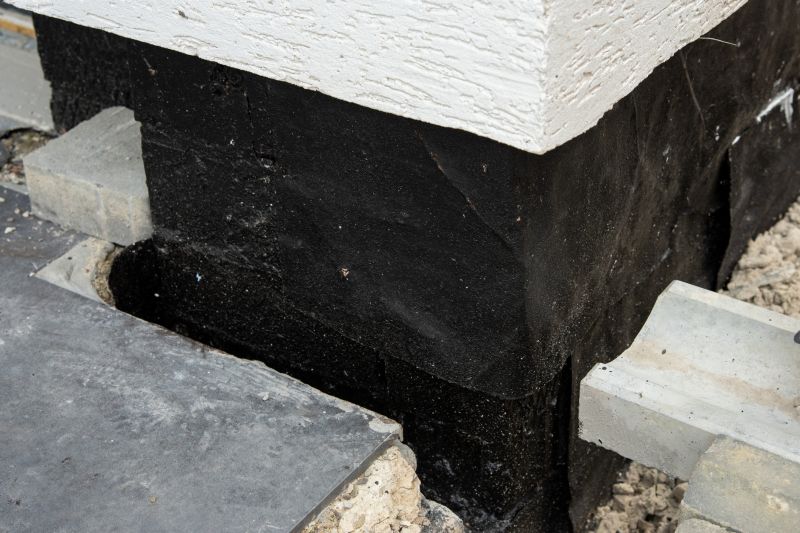
Popular materials for Foundation Repairs and why they hold up over time.
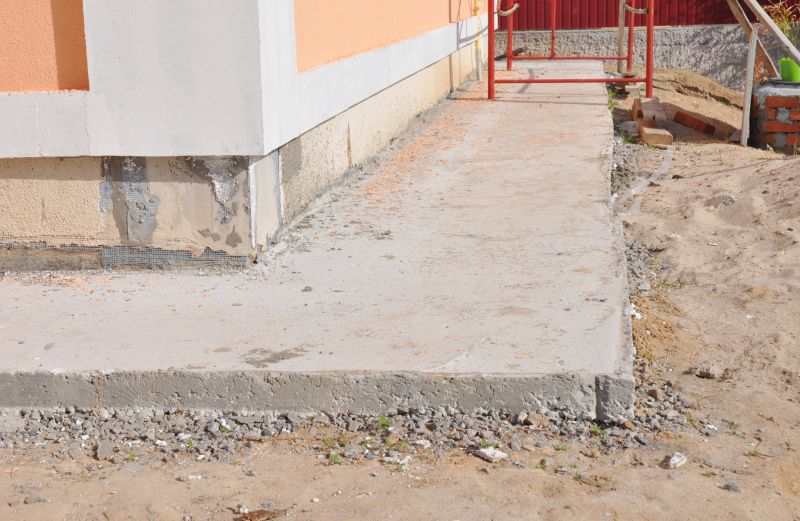
Simple add-ons that improve Foundation Repairs without blowing the budget.
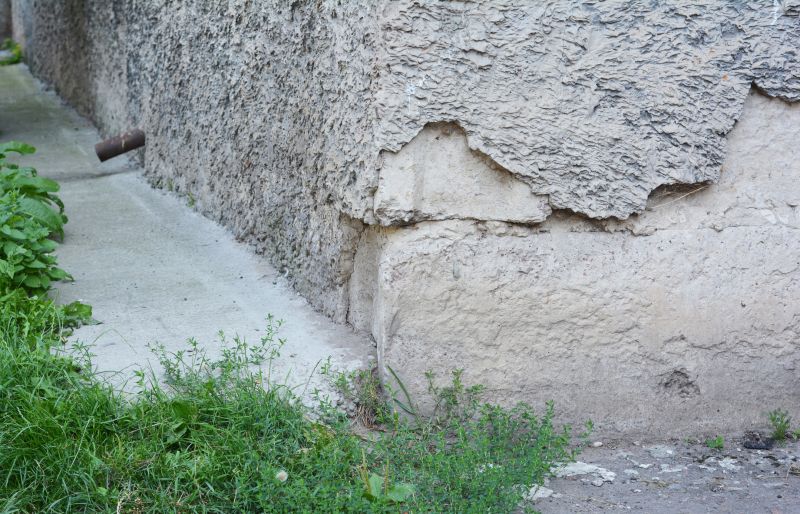
High-end options that actually feel worth it for Foundation Repairs.
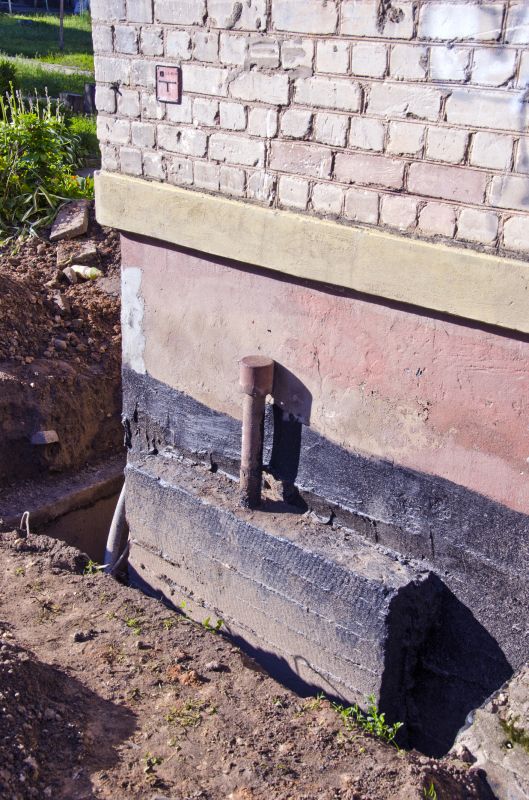
Finishes and colors that play nicely with Foundation Repairs.
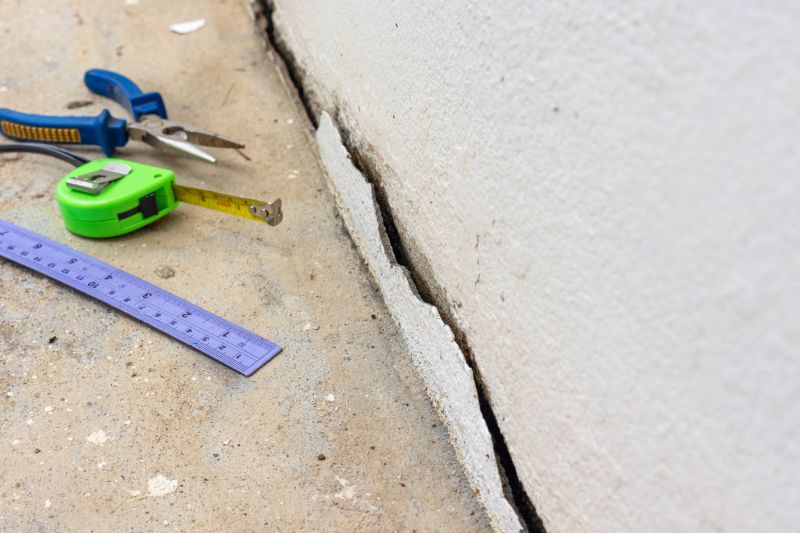
Little measurements that prevent headaches on Foundation Repairs day.
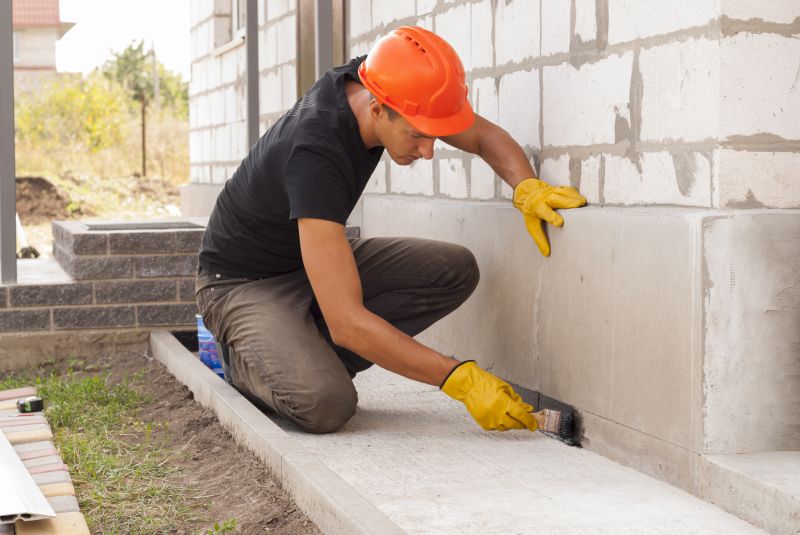
A 60-second routine that keeps Foundation Repairs looking new.
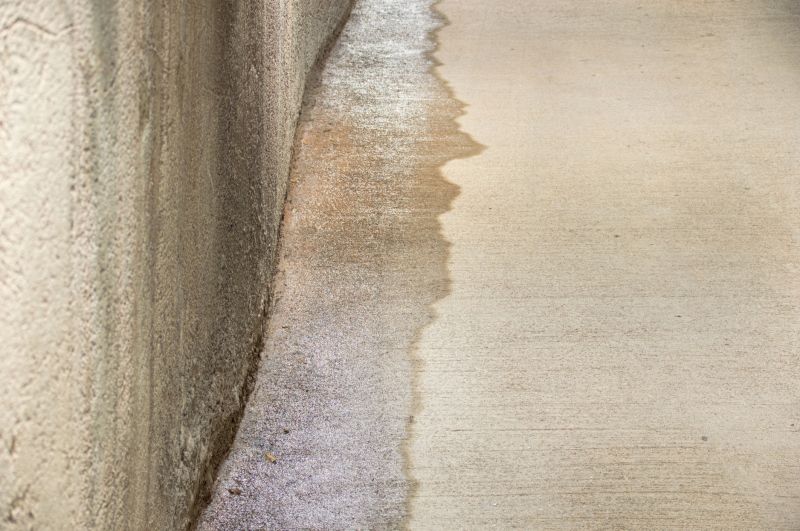
A frequent mistake in Foundation Repairs and how to dodge it.
| Season | Optimal Conditions |
|---|---|
| Spring | Moderate temperatures, increased moisture, ideal for curing |
| Summer | Long daylight hours, stable weather, but watch for heat |
| Fall | Cooler temperatures, less precipitation, suitable for repairs |
| Winter | Freezing temperatures, snow, generally unsuitable |
Foundation repairs involve addressing structural issues caused by soil movement, water infiltration, or settling. Proper timing ensures that repairs are effective and durable. Seasonal factors influence the curing process and the quality of repairs, making timing an essential consideration for long-term stability. Approximately 30% of foundation issues are linked to soil conditions that fluctuate with weather patterns, emphasizing the importance of scheduling repairs during favorable seasons.
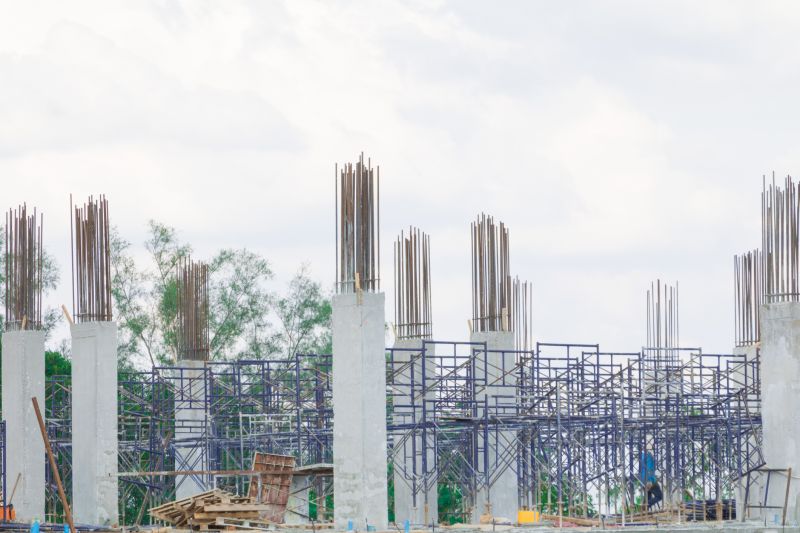
Small tweaks to make Foundation Repairs safer and easier to use.
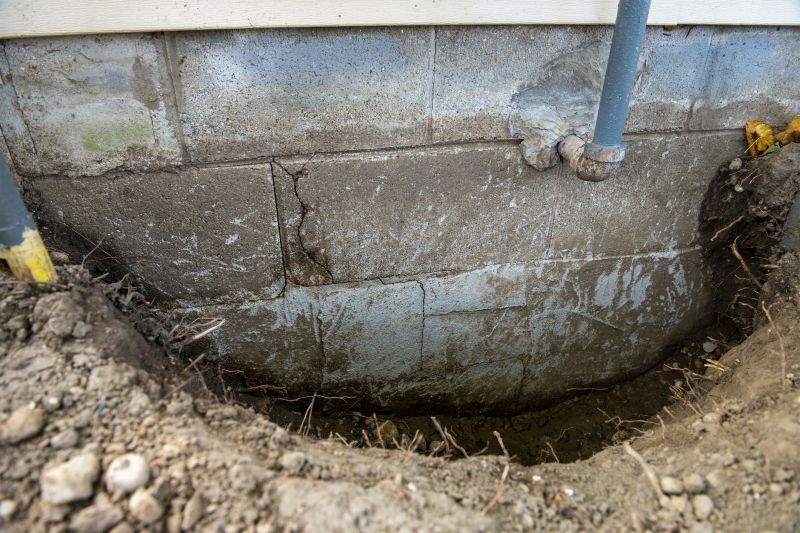
Lower-waste or water-saving choices for Foundation Repairs.
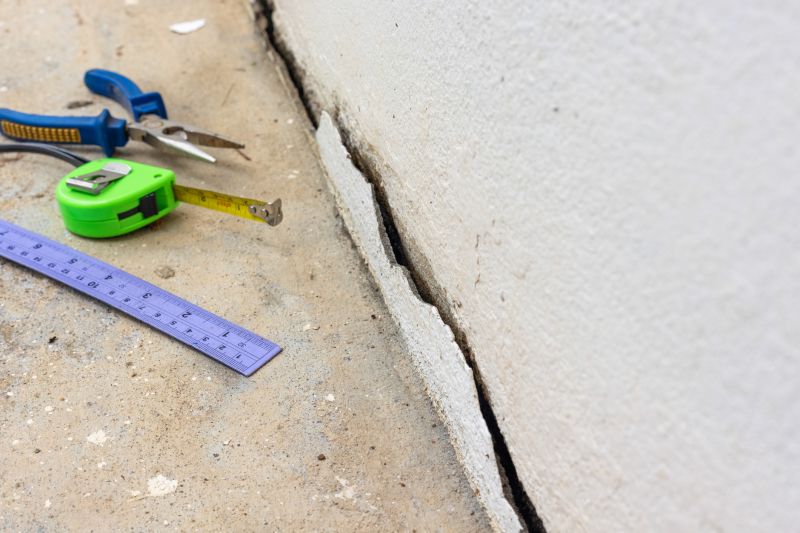
The short, realistic tool list for quality Foundation Repairs.
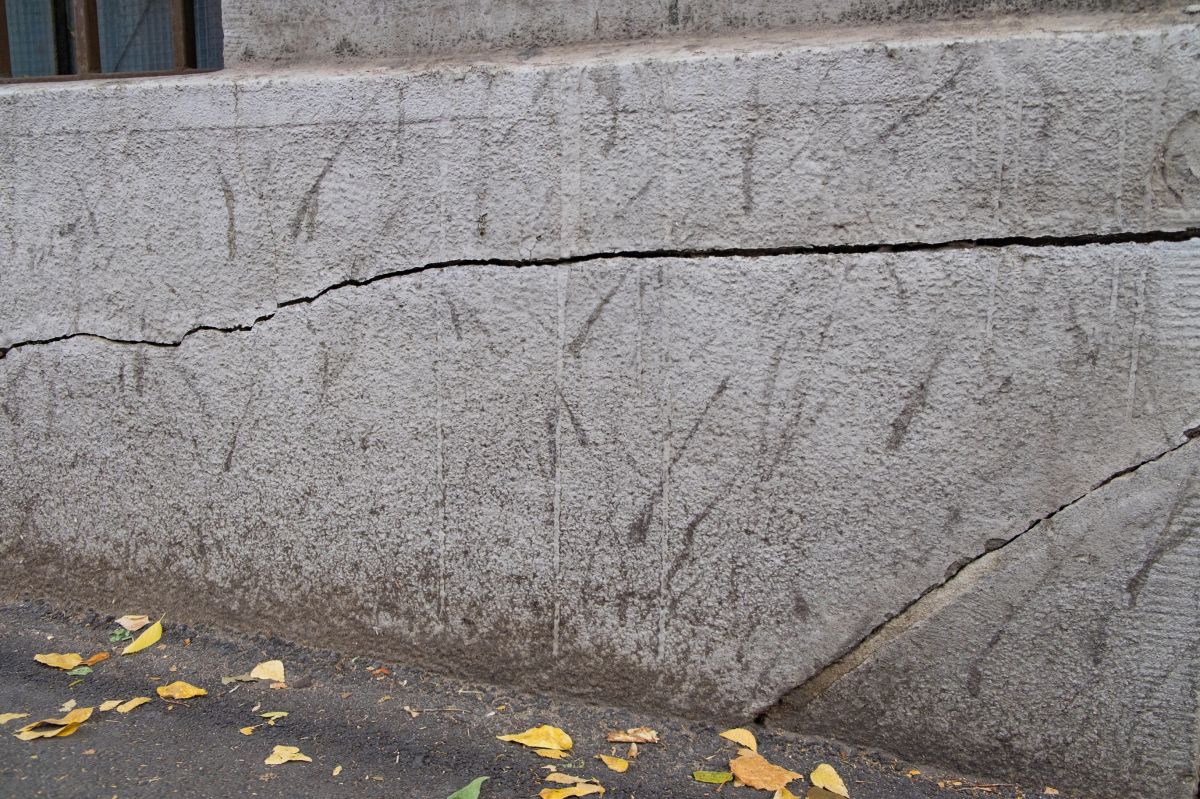
Rough timing from prep to clean-up for Foundation Repairs.
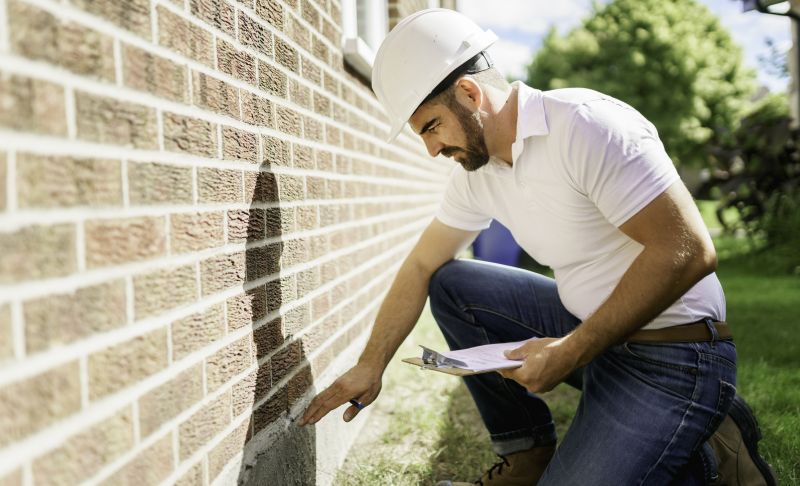
Quick checks and paperwork to keep after Foundation Repairs.
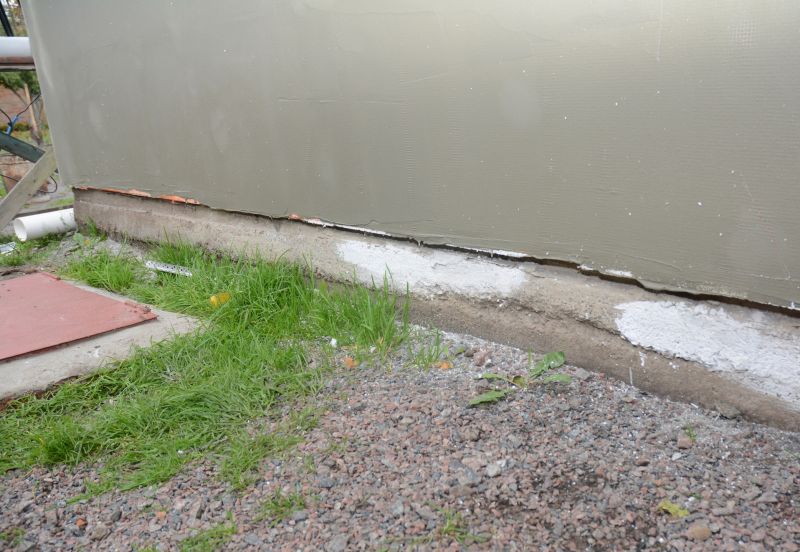
Examples that show the impact a good Foundation Repairs can make.
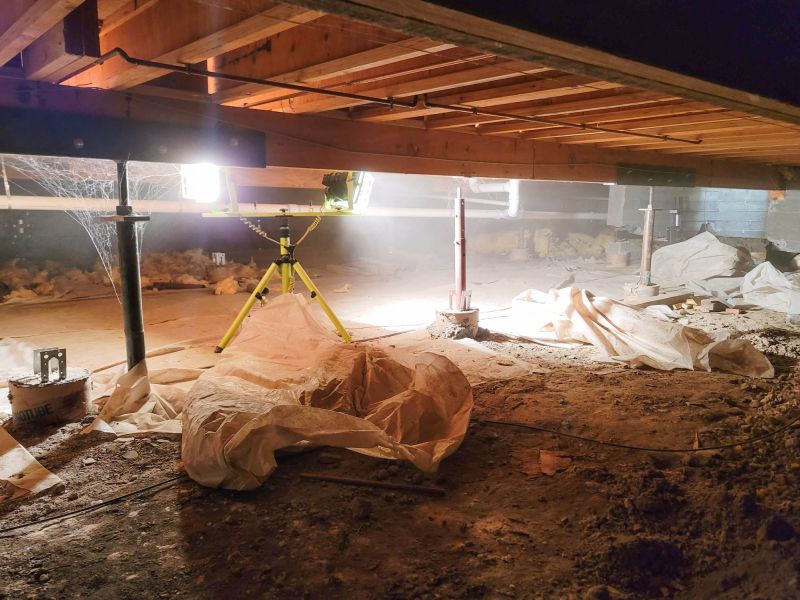
Ways to make Foundation Repairs work in tight or awkward layouts.
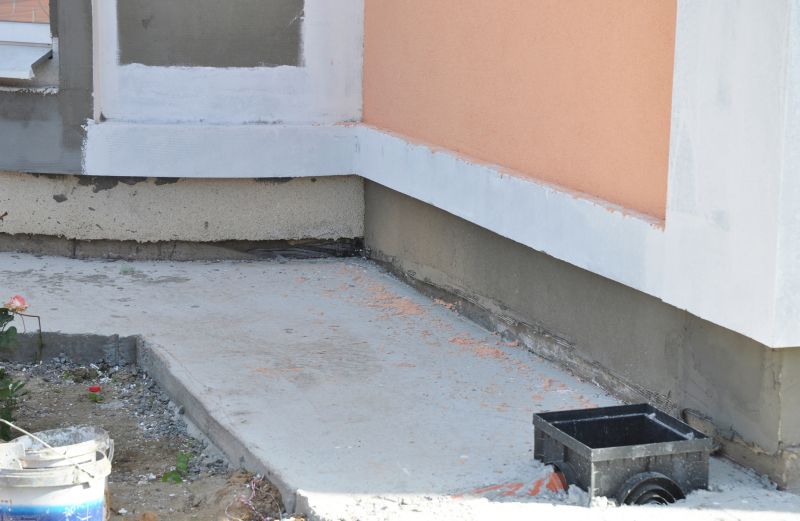
Ways to make Foundation Repairs work in tight or awkward layouts.
Timely foundation repairs can prevent further structural damage and costly future repairs. Monitoring soil conditions and addressing issues promptly during the appropriate season can extend the lifespan of a building’s foundation. Regular inspections are recommended to identify early signs of settlement or cracking, especially after severe weather events.
Cracks in walls, uneven floors, and sticking doors may indicate foundation problems.
Addressing issues early can prevent extensive damage and preserve property value.
Selecting the optimal season for repairs can enhance durability and effectiveness.
A thorough assessment by foundation specialists helps determine the best repair timing.
Interested property owners are encouraged to contact professionals to discuss timing options for foundation repairs. Proper scheduling, combined with expert assessment, can help maintain structural integrity and avoid future issues.

